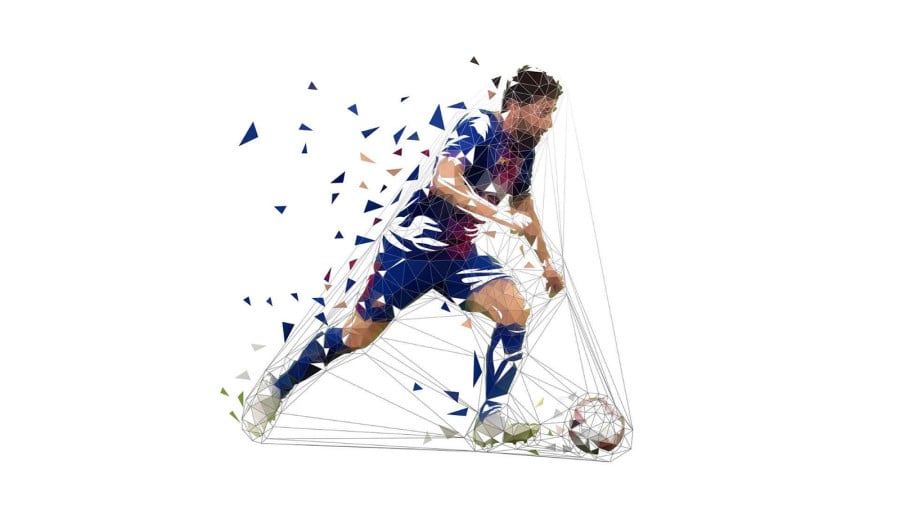How to choose, protect and enforce trade marks as a professional athlete: the view from Germany

Professional athletes are icons to billions of people in the world. Like other celebrities, they (and their agents) put a lot of work and effort into building and upholding a reputation that attracts fans, followers and – along with it – potential sponsors. Exploiting image rights and strong brands can generate enormous revenue streams – with the right brand strategy. A lot of former and current professional football players own trade marks. Sometimes these are held by an image rights or management company, as in the case of former German football national Bastian Schweinsteiger. The Munich-based Paco Investment GmbH owns all trade mark rights in the signs “Bastian Schweinsteiger[1]”, “Schweinsteiger[2]”, as well as “Luka Schweinsteiger Ivanović[3]” and “Leon Schweinsteiger Ivanović[4]” – Luka and Leon are the names of Bastian Schweinsteiger’s and former tennis star player Ana Ivanoic’s sons, who are still playing in the “diaper leagues”, but it seems trade mark protection cannot start early enough.
Sometimes, legal trouble arises when professional athletes enter the trade mark arena. For example, some time back, Lionel Messi won a legal battle[5] before the EU’s General Court that had spanned over the course of seven years. Messi’s application to register his last name “Messi[6]” as an EU trade mark had been challenged by Spanish company Massi arguing a likelihood of confusion with their prior trade mark “Massi”. The EU’s General Court ruled in favor of Lionel Messi, holding that while the signs “Massi” and “Messi” were visually and phonetically almost identical, there was no likelihood of confusion due to the player’s fame. Likewise, the authors helped Libverpool’s Naby Keita to defend his trade mark “NK8[7]”, which was recently challenged by a large clothing retailer who argued that it caused a likelihood of confusion with the retail company’s prior trade marks “NKD” – in the end, the challenge was not successful[8].
It is fair to say that trade marks are essential for modern marketing of professional athletes, but along with if often come challenges, too. Against this background, this article examines:
- What kind of trade mark protection is available?
- How to choose the right type of trade mark
- How to avoid infringing upon third parties’ intellectual property rights
- How to enforce a trade mark.
The author draws primarily on examples from Germany, although the principles are applicable across Europe with the harmonization of laws. For additional reading on the use of trade marks in sport, please also see: Non-traditional trademarks in sport - an EU perspective[9]; The importance of trade marks in football[10]; and Trade marks in sport – an overview[11].
To continue reading or watching login or register here
Already a member? Sign in
Get access to all of the expert analysis and commentary at LawInSport including articles, webinars, conference videos and podcast transcripts. Find out more here.
- Tags: European Union | Football | Germany | Intellectual Property | Sponsorship | Tennis | Trade Marks
Related Articles
- Trademarks in sports: an overview - Part 1 of 3
- Non-traditional trade marks in sports – an EU perspective
- The importance of trade marks in football – controlling brand value & avoiding own goals




